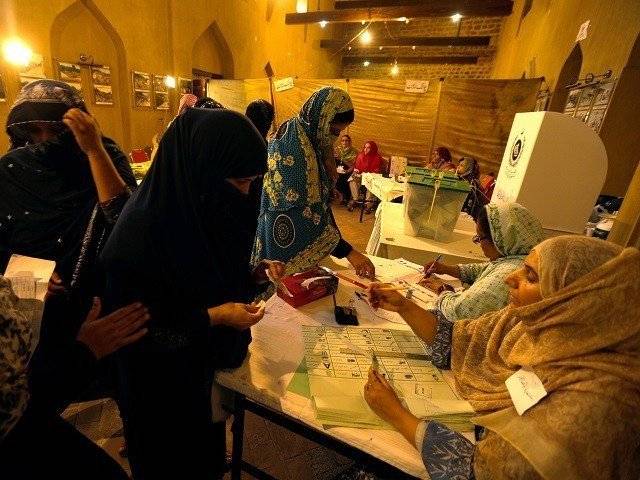RTS system failure: NADRA breaks silence over the issue and response is a surprise
Shares

ISLAMABAD - NADRA has broken silence over the issue of the failure of the Result Management System on fateful night of July 25.
The Result Transmission System (RTS) developed by the National Database and Registration Authority (Nadra) never failed during the 2018 general election, claimed the authority on Friday.
The government had formed an investigating committee headed by the Pakistan Tehreek-e-Insaf parliamentary leader in the Senate Azam Swati to look into the RTS fault. The committee was also tasked with identifying those responsible and to suggest action against them.
Nadra in response to Swati’s question maintained that the RTS did not fail moreover it also ensured that it was not possible for any presiding officer to change or tamper with the actual results due to its malfunctioning.
It also claimed that ECP had administrative control of RTS to handle operation including user management, candidates’ addition, and deletion and editing, constituencies and polling scheme management and device registration while Nadra was providing technical hosting services for backend system, the authority stated further in response to another question asked by Senator Swati.
According to the RTS log, submitted to the standing committee on Interior, the mobile application was receiving results of different polling stations right from 6pm of June 25 on the day of election till July 27 when results were concluded. During the 44 hours, according to the log during each hour the application had been getting information from different polling stations.
The RTS was designed to upload the picture of Form 45 by presiding officers via mobile devices which were then supposed to be transmitted to the server of the Election Commission of Pakistan (ECP).
According to the RTS data, the application first received information of Form 45 of 17 polling stations which an hour later swelled to that of 225 polling stations. At 11pm, the application got maximum traffic which was recorded at 15,796. The log further revealed that at 6am on July 26 it received information from 1,007 polling stations and after this period, there was a gradual drop in the data received.
Perhaps it was the time when the ECP internally had admitted of facing ‘big’ issues with the system and asked concerned authorities if the application was not functioning than the presiding officers should directly submit the forms to the ROs.
Furthermore, during the session it was also determined that two types of software were used by the ECP during the election— Result Management System (RMS) and the RTS.
